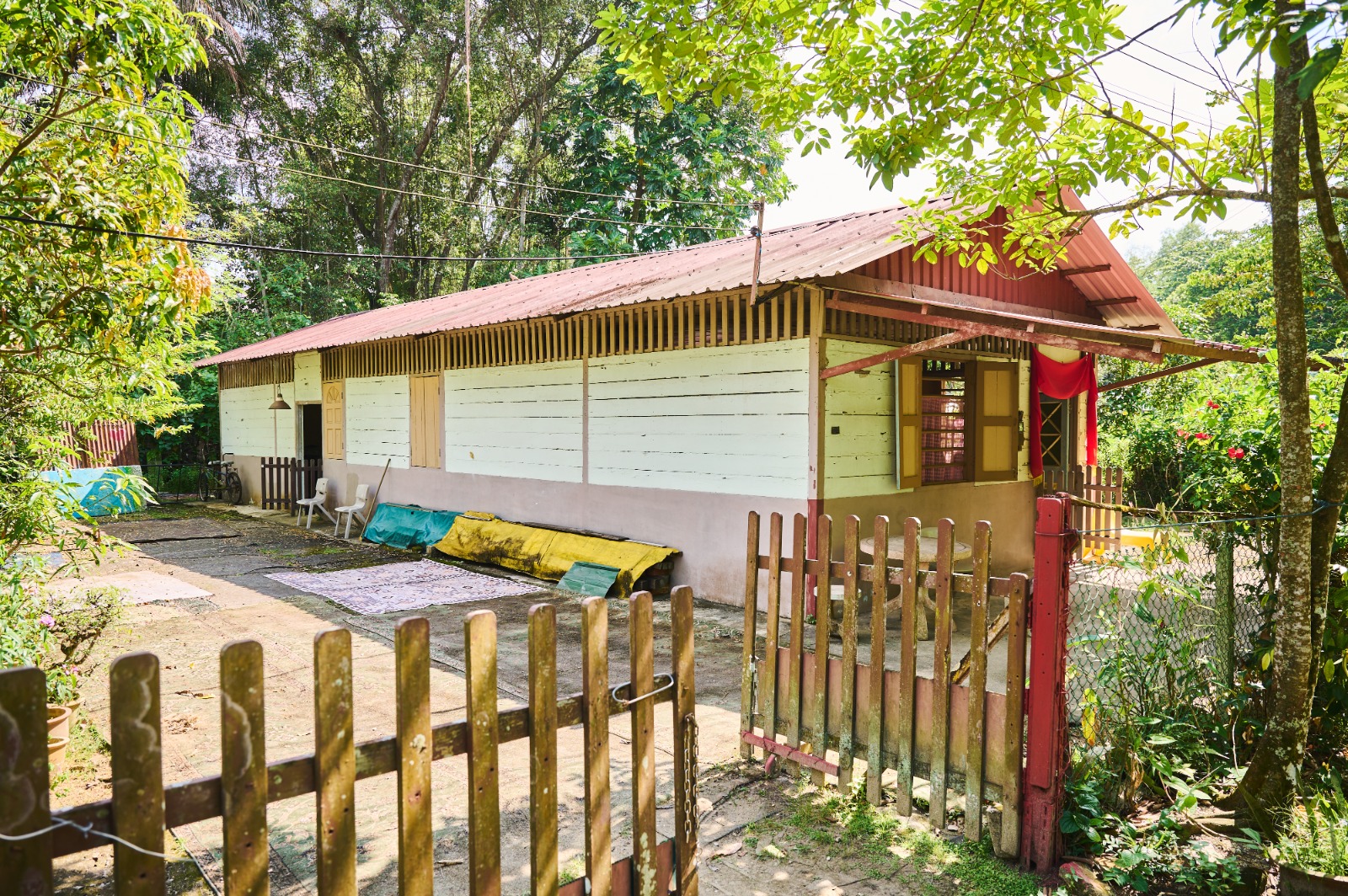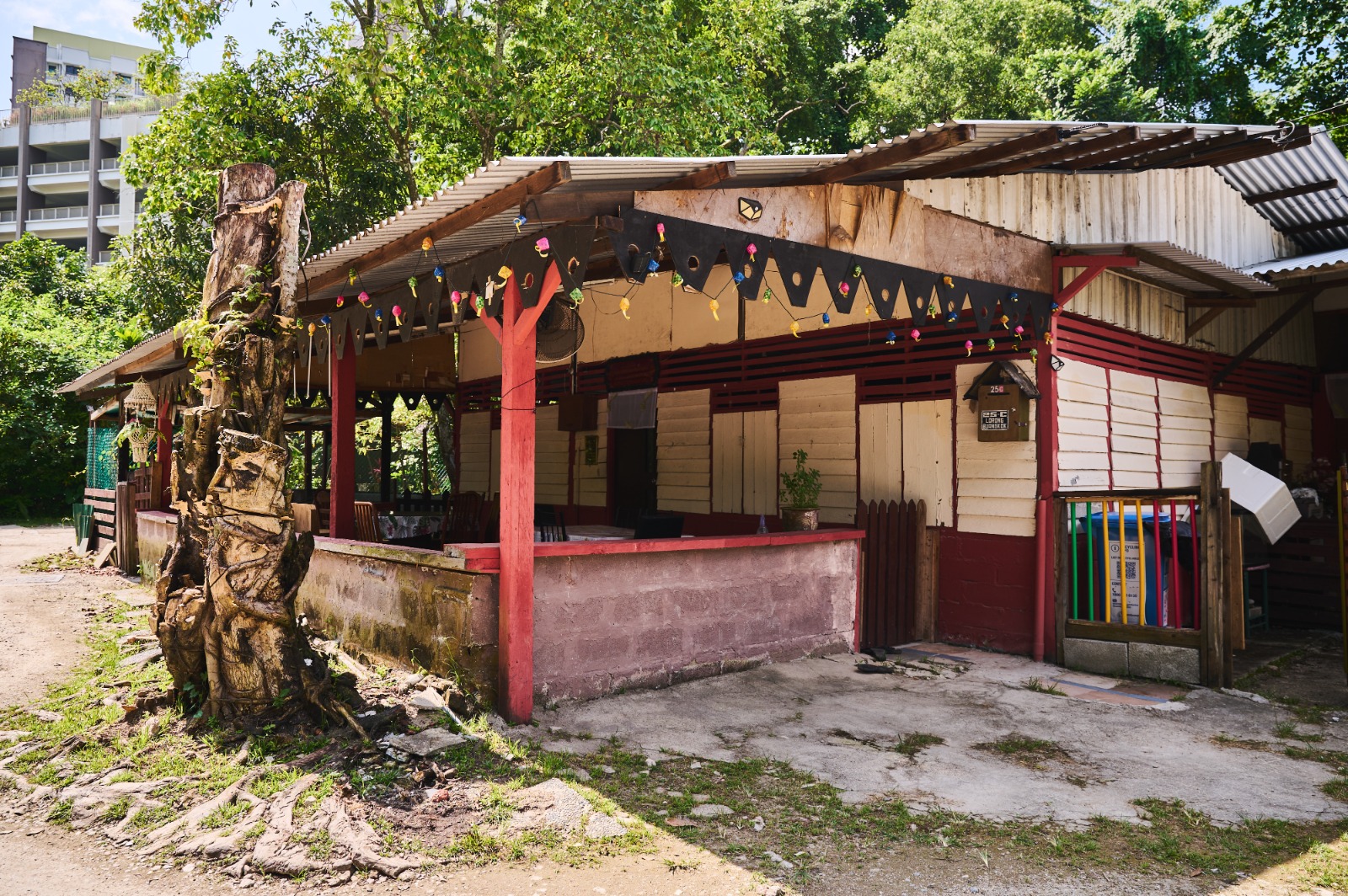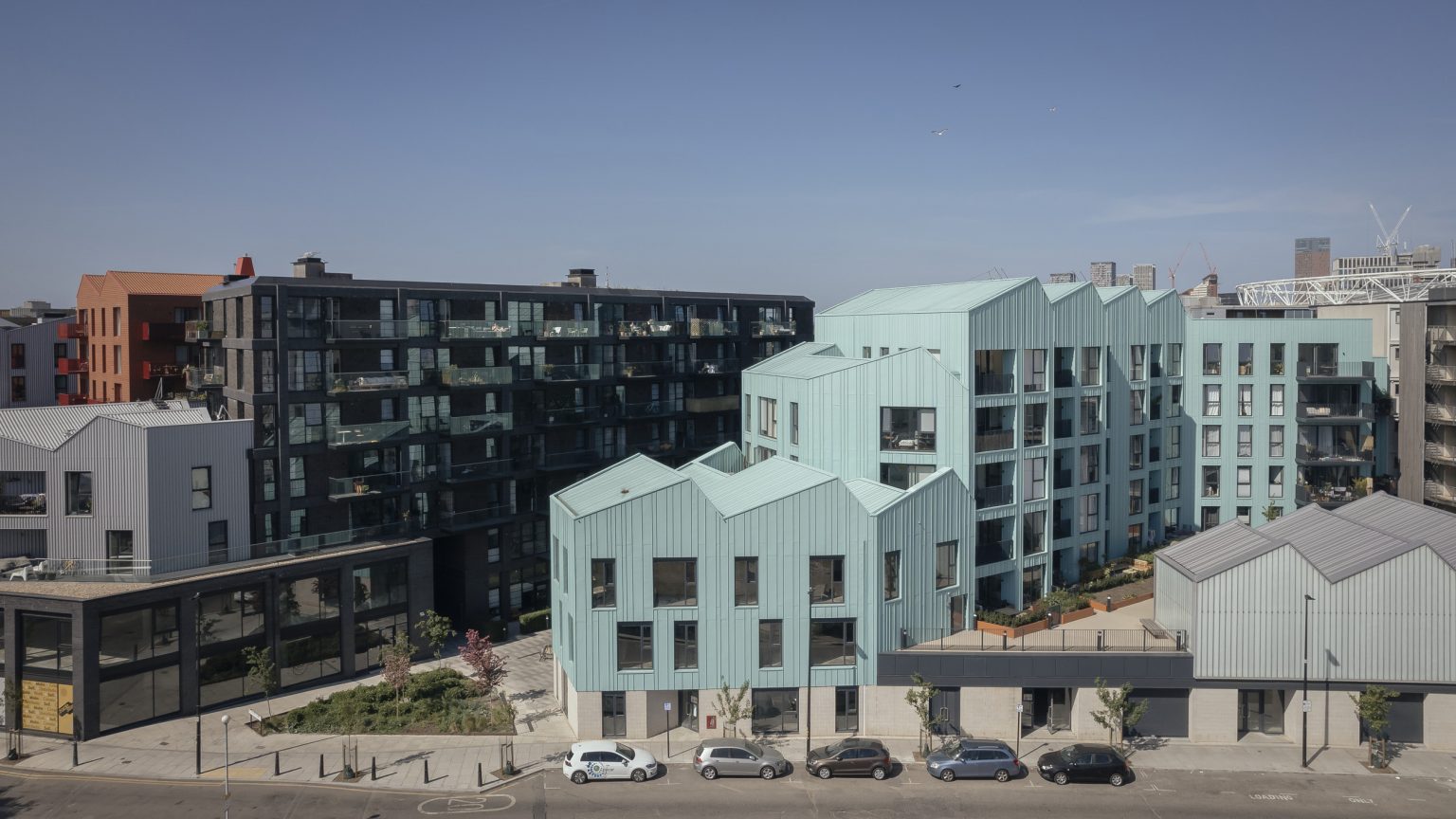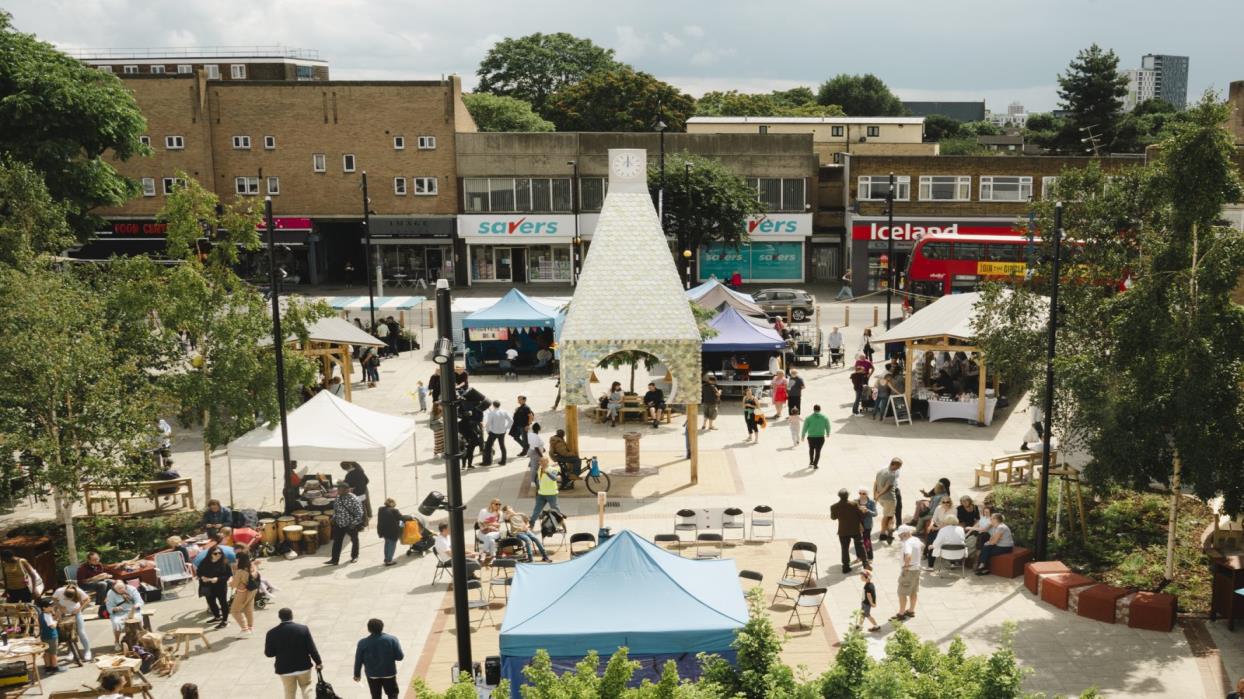Singapore, renowned for its impressive modern cityscape , may not immediately evoke imageries of traditional village life. Yet nestled amidst the bustling metropolis lies a hidden treasure, the kampongs of Singapore.
Kampongs, "villages" in Malay, were once ubitiquous in Singapore. Now these kampongs are hotbeds of innovative eco-friendly practices. These efforts align with Singapore's goal of becoming a City in Nature.
Here are five key ways that kampongs are being revitalised:
1. Sustainable Infrastructure:
Kampongs are adopting sustainable infrastructure to reduce their carbon footprint. Many have implemented rainwater harvesting systems, solar panels, and energy-efficient appliances. Such initiatives reduce environmental impact and lower utility costs for the residents.
2. Cultural Diversity and Placemaking:
Kampongs add diversity to the city. These communities preserve a vibrant mix of traditional and contemporary elements. The unique places of the kampongs enhance the city's character.
3. Urban Farming:
Community gardens and urban farming initiatives have sprung up in the kampongs, bringing residents together to grow their own produce. These initiatives provide fresh, organic food, promote a sense of community and reconnect residents with nature.
4. Intergenerational Bonding:
Kampongs offer a unique space for intergenerational bonding, where elders share traditional knowledge and wisdom with the younger generation. From storytelling sessions to cultural festivals, these interactions preserve cultural heritage and nurture a sense of identity.

5. Education and Awareness:
Kampongs serve as educational platforms for sustainable practices. Through workshops, talks, and guided tours, residents and visitors learn about eco-friendly living, biodiversity conservation, and the importance of conserving heritage. Such initiatives create awareness and inspire individuals to adopt sustainable practices beyond the kampong boundaries.
The revitalisation of kampongs is testaments to Singapore’s dedication to conserving its rich cultural heritage and its commitment to sustainability. The transformation of kampongs into sustainable hubs inspires other urban areas to adopt similar practices. As Singapore continues to develop, the revival of kampongs reminds us of the importance of balancing progress with the conservation of our cultural roots and the building of a sustainable future.





